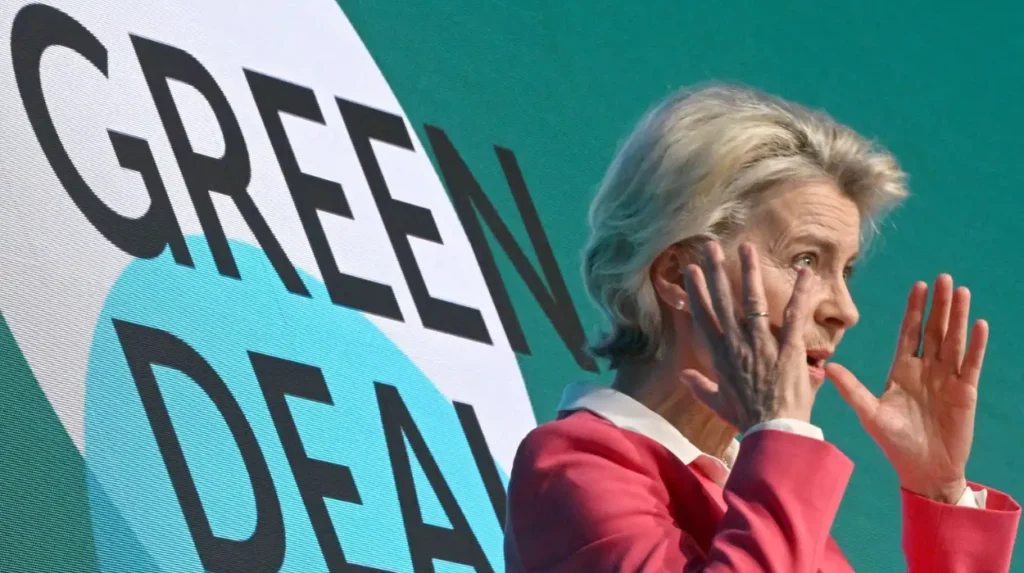The Green Deal lobbying scandal extended beyond NGOs and EU officials to directly affect elected representatives in the European Parliament. Several Members of the European Parliament (MEPs) were actively targeted for pressure and influence through NGO lobbying campaigns funded by EU subsidies. This has raised serious concerns about the erosion of democratic processes, institutional impartiality, and the transparency required in EU policymaking.
Identified Targeted MEPs and Political Groups
Documents leaked from the European Commission’s Directorate-General for Environment detail defined lists of MEPs earmarked for lobbying by funded environmental NGOs such as Friends of the Earth Europe, CAN Europe, and the European Environmental Bureau. These MEPs were selected based on their committee memberships, voting patterns, and influence in shaping climate and environmental legislation.
While explicit names were not publicly and officially confirmed due to political sensitivities, investigative reports and parliamentary questions have pointed to specific MEPs involved in environment-related committees and high-profile advocates of or opponents to Green Deal policies. Targeted MEPs reportedly spanned a broad political spectrum, with particular focus on:
- Greens/European Free Alliance MEPs, targeted to ensure support and mobilize key votes.
- Socialists and Democrats (S&D) MEPs aligned with Timmermans’ agenda.
- Liberal Renew Europe and some centrist MEPs whose persuasion was crucial for legislative majorities.
- Conservative MEPs from the European People’s Party (EPP) considered swing votes or agenda blockers.
The lobbying effort was strategic, aiming to create a coalition in favor of Green Deal proposals by nurturing support, neutralizing opposition, and shaping the narrative within parliamentary debates.
MEP Reactions and Controversies
The controversy sparked fits of political tension within Parliament. The EPP and far-right parties sharply criticized the Commission’s alleged use of LIFE funding to finance NGO lobbying efforts aimed at MEPs, branding it an inappropriate “misappropriation” of funds. MEP Monika Hohlmeier (Germany/EPP), involved in initiating parliamentary scrutiny, condemned these actions as an abuse of public resources and an infringement on parliamentary independence.
However, several center-left and Green MEPs defended the involvement of NGOs, framing advocacy as a legitimate part of democratic engagement and civil dialogue. Tiemo Wölken, the Socialists & Democrats environment policy coordinator, described accusations as politically motivated attacks on environmental civil society.
Impact on Democratic Process and Institutional Impartiality
The direct targeting and lobbying of MEPs backed by EU subsidies creates a blurred line between legislative independence and external influence orchestrated by political actors within the Commission. Such covert lobbying risks undermining the principle of separation of powers fundamental to democratic governance by effectively pre-conditioning parliamentary decision-making through financially incentivized advocacy.
The strategic lobbying efforts also threaten transparency as MEPs may be pressured without public awareness or the ability to resist behind closed doors, challenging constituents’ trust in their representatives’ impartial judgment.
Parliamentary Measures and Ongoing Inquiries
In response to public and political pressure, Parliament has conducted hearings and requested full disclosure of NGO funding contracts tied to lobbying mandates. Written parliamentary questions, including those by MEP Sander Smit (PPE), have flagged these practices as violations of the “appropriate institutional balance in the Union.”
The Environment Committee narrowly voted down motions to censure the Commission over these allegations, reflecting deep divisions along party lines. Ongoing investigations by European auditors and the Public Prosecutor’s Office aim to clarify legality and enforce accountability in EU funding and lobbying transparency.
Selected MEPs were knowingly targeted as part of an orchestrated lobbying campaign funded by EU taxpayers under the auspices of NGOs supporting the Green Deal. This once-hidden facet of the scandal exposes how democratic processes within the European Parliament were potentially compromised, calling into question the impartiality and accountability of elected representatives.
The integrity of EU climate policymaking depends on restoring clear boundaries between legitimate advocacy and undue influence. Ensuring transparent lobbying practices and protecting MEP independence are crucial to preserving trust in the EU’s democratic institutions going forward.







